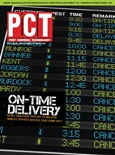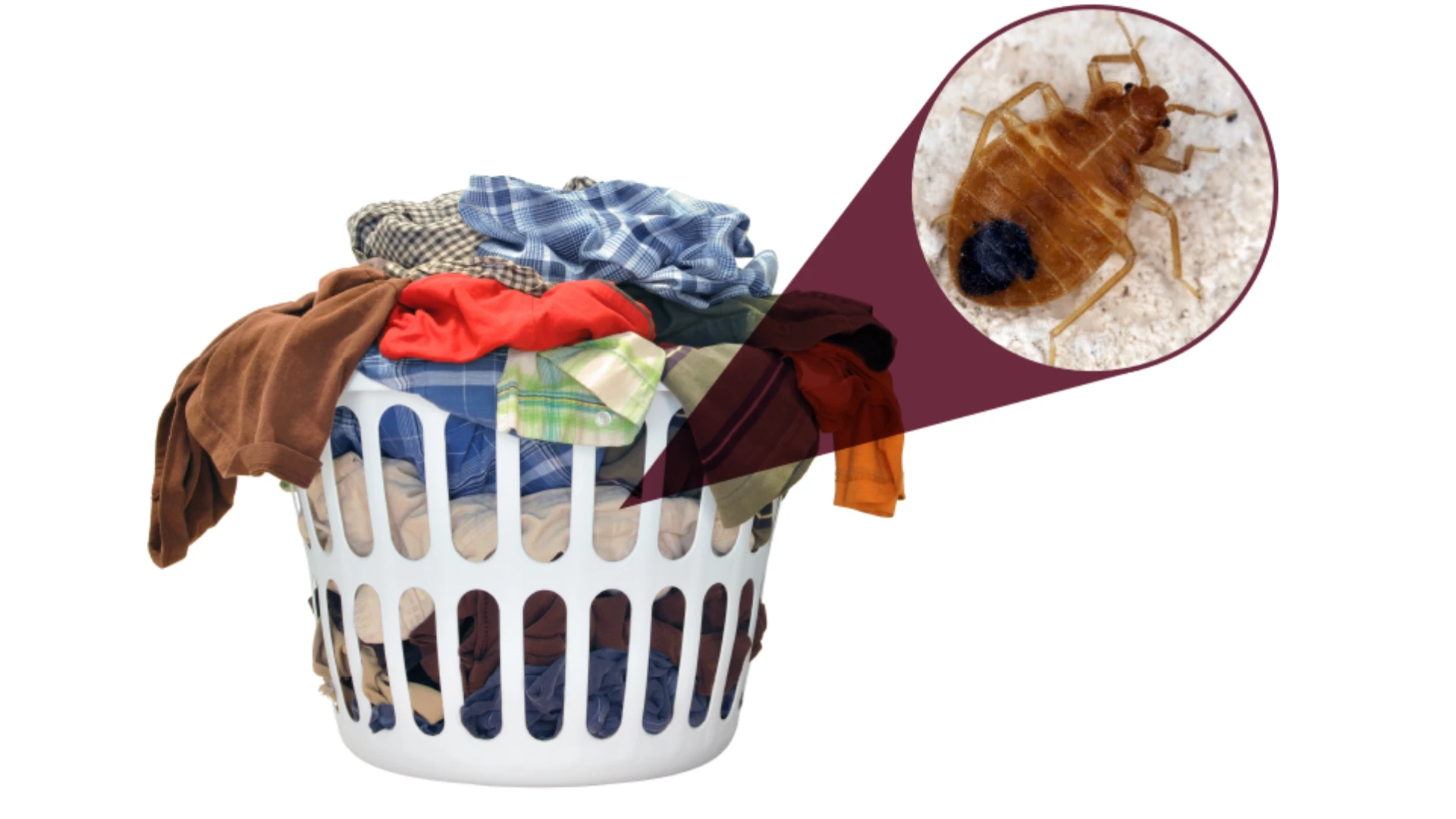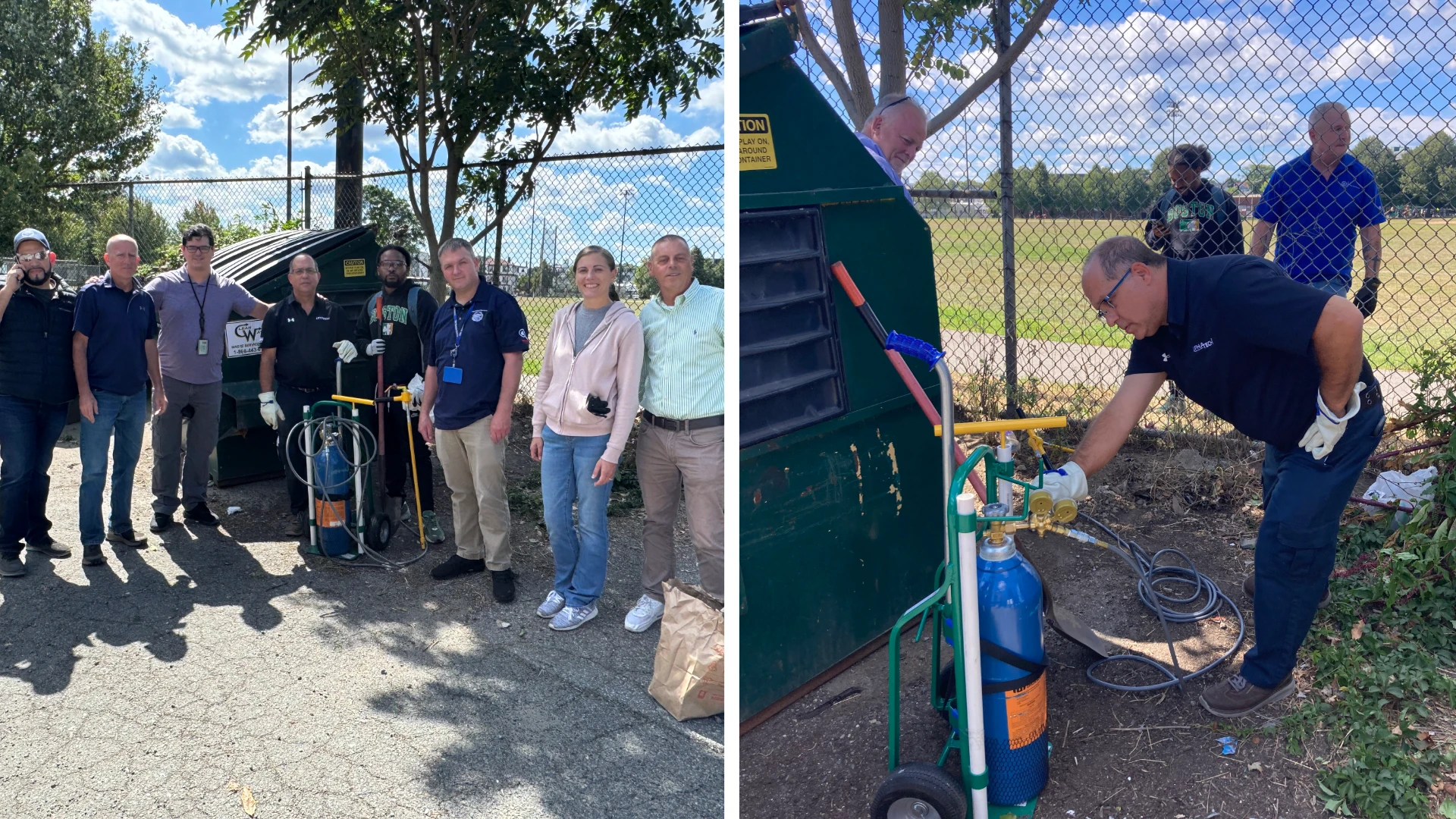Is the bird population and its hazardous waste increasing at an alarming rate or is corporate America just realizing they don’t have to take it anymore? What is the real scoop on bird poop? The truth is that birds and their hazardous wastes have been around a long time and the mounting research confirms how critical the problem has become. Businesses are more informed today and recognize they have options.
FACING THE FACTS. The facts are that bird droppings are responsible for more than 40 known diseases that are transmitted through heating and air conditioning systems, open vents, attic spaces, wall voids, dropped ceilings, etc. The waste corrodes pipes, metal and drains, causing damage to bridges, buildings and other structural surfaces. The flying fiends have also caused num-erous aircraft disasters as flocks of birds and geese have flown into airplane engines. What follows are five practical tips for growing your bird division.
- Hire Up — Hire the best money can buy! Hiring true professionals who possess excellent communication skills, who are ethical, honest and are hard working will payoff. I believe that we at Bird Doctor have assembled the best team of professionals in the industry today. It’s important to compensate your staff generously and treat them like the professionals they are. Allow them to work overtime (when the profit and work dictate it) and allow them to obtain commissions through up-selling or selling new work. Train them all to sell bird jobs and provide them with business cards. While Bird Doctor installers sell add-on services to existing clients, they have been known to up-sell even while on site doing a job. Allow your staff to literally “spread their wings” and grow and develop with your company.
- Thorough Inspection — The inspection is the most critical component to the success of your bird control program. A bird inspection may take anywhere from one hour to three days depending on the size and complexity of the job. The results of the inspection are conveyed in a proposal book outlining the details of the job. The inspector will take digital photos, prepare graphs and calculate pricing worksheets that can be included in the proposal book. In addition to outlining the details of the proposed job, the proposal book will also include the pricing. Pricing too high or too low can result in either losing a potential client or losing the shirt off your back. Pricing a job is both art and science. The goal is to charge just low enough to make a decent profit and just high enough that you are in line with your competitors.
- Permitting — Our bird division provides a large amount of bird installations in large cities across the U.S. It’s critical that we apply for and obtain the proper permits prior to commencing the job. Your bird installation team can be shut down by the Department of Transportation or another government agency for not having proper permits. Also, on an average, it takes about one to two weeks to obtain most permits. There are different aspects to permitting. For instance, to access a building with lift equipment you may need to close off road lanes, parking spots or sidewalks. Some permits only allow street or sidewalk closures on weekdays from 8:00 a.m. to 4:00 p.m., or there may be a stipulation about not working on weekends or more than eight hours a day. These and other limitations will require longer rental periods of your lift equipment which may inflate the cost of your overall job quote. These issues are addressed in the permit application. Finally, did I mention that permits cost money? Keep this in mind as you prepare your proposal. These extra fees should also be factored into your price. One final caveat to remember: Your insurance may become null and void if you need to file a claim but have no or insufficient permits. Permitting is critical to the success of your bird business.
- Safety — Safety can be broken down into several categories. First, your installers need to wear proper safety gear: safety vests, bump hats, steel tipped boots, safety goggles or glasses and respirators. When operating all lift equipment bird installers need to wear harnesses and fall protection gear. Second, secure and close off work areas with caution tape and safety cones while operating all lift equipment and bucket trucks. This also protects pedestrians from falling tools and equipment. Provide signs stating, “men working above.” Ensure a flagman is on site to direct pedestrian traffic flow on the sidewalk and automobile traffic on the street. While these precautions are taken in order to secure safety first, your clients will also notice your professionalism and eye for detail. Lastly, make sure all your installers are properly trained in operating the lifts. Most lift suppliers offer classroom training on a regular basis and award certificates of completion.
- Bird Control Contract — Make no bones about it, bird control is not pest control, and designing a contract specific to the bird job is critical. Outlining the details of your agreement will set you apart from your competitors. A bird contract will communicate professionalism to your clients and the specifics of the proposal to your staff.
FINAL THOUGHTS As you apply these five practical tips, be prepared to take your bird business to the next level. So remember, as more and more businesses learn the scoop about bird poop and believe they can win the battle of the birds, be ready to step up and claim your share of the marketplace.
The author is owner and president of Bird Doctor, a division of Bug Doctor Termite and Pest Control, Paramus, N.J. He can be reached at 201/599-1007 or via e-mail at saust@giemedia.com.

Explore the September 2009 Issue
Check out more from this issue and find your next story to read.
Latest from Pest Control Technology
- Rentokil Terminix Expanded in Key Markets with 2024 Acquisitions
- In Memoriam: Joe Cavender
- Certus Acquires Green Wave Pest Solutions
- Liphatech Adds Alex Blahnik to Technical Team
- Do the Right Sting: Stinging Insect Identification, Management, and Safety
- VAGA's 8th Annual Veterans Thanksgiving Appreciation Dinner
- Clark's Blair Smith on the Response to Increased Dengue Fever Cases in Southern California
- WSDA, USDA Announce Eradication of Northern Giant Hornet from U.S.





